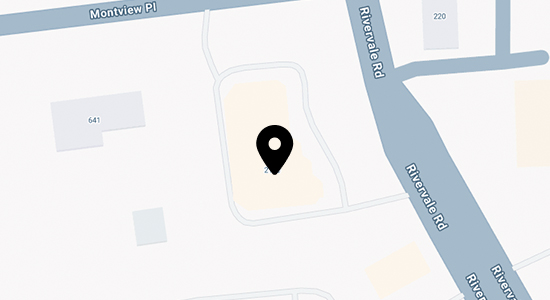- Contact Us Now: (201) 494-2800 Tap Here To Call Us
The New Jersey “Exit Tax”

If you are selling a home in New Jersey and planning to move out of state, it is important to be aware of what is often referred to as the state’s “exit tax.”
When New Jersey residents sell their homes and prepare to move out of state, they must pay a standard tax rate on the profit from the sale. Sellers need to pay this tax when they move, rather than at the time they would normally file a state income tax return. However, this is not an additional tax on the sale of their homes; it is really a prepayment of state taxes Sellers already owe, based on profit from the sale.
How Does the New Jersey exit tax work?
Despite the confusion caused by calling it an exit tax, the law simply requires the seller to pay state tax in advance, calculated as follows: New Jersey withholds either 8.97% of the profit or 2% of the selling price, whichever is higher. This amount is then credited towards the homeowner’s final state income tax liability for the year in which the sale occurred. The seller must pay this tax prior to leaving the state, even if there is no gain from the sale. But the state takes all that into account once the year-end income tax is filed.
For example, if you sell your home in New Jersey for $500,000 and move to Florida, the closing agent would be required to withhold $10,000 (2% of the total sale price) and send it to the state of New Jersey. When you file your state income tax return for the year in which the sale occurred, you would then receive a credit for the $10,000 that was withheld. If you lost money on the sale of your house, and 2% tax was prepaid before you left the state, you would receive a full refund when you file your New Jersey state income tax. If you do realize a capital gain on the sale, it would be deducted from the estimated tax payment you have made when exiting and the remainder would be returned to you.
Exemptions
Nonresidents should also take note of several exemptions which, if you qualify, means you are not required to make an estimated tax payment. These exemptions include the following criteria:
· The property sold was used as a principal residence and qualifies under IRC Section 121 of the Internal Revenue Code: excluding up to $500,000 in gains for married taxpayers or $250,000 for single taxpayers. In order to qualify for this gain exclusion, the home must have been your primary residence for at least two of the last five years.
· Total consideration for the property is $1,000 or less.
· The deed is dated prior to August 1, 2004 and not previously recorded.
· The property sold is subject to a short sale instituted by the mortgagee, whereby the seller has agreed not to receive any proceeds from the sale and the mortgagee will receive all proceeds—paying off an agreed amount of the mortgage.
Conclusion
While the New Jersey “exit tax” is a misnomer, you must still take this into consideration if you plan on selling your New Jersey home and leaving the state. This is especially true if you are dependent on your sale proceeds to fund other ventures, such as a down payment on a new home. Contact The Law Office of Joseph A. DiPiazza if you have questions about selling your home and moving out of state.


